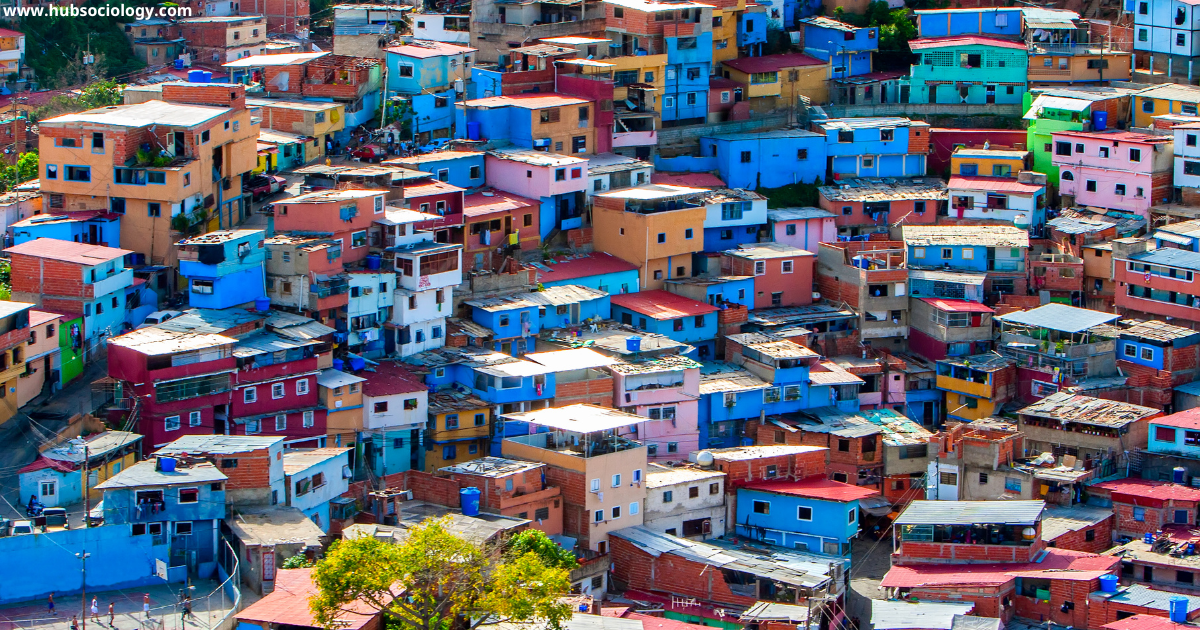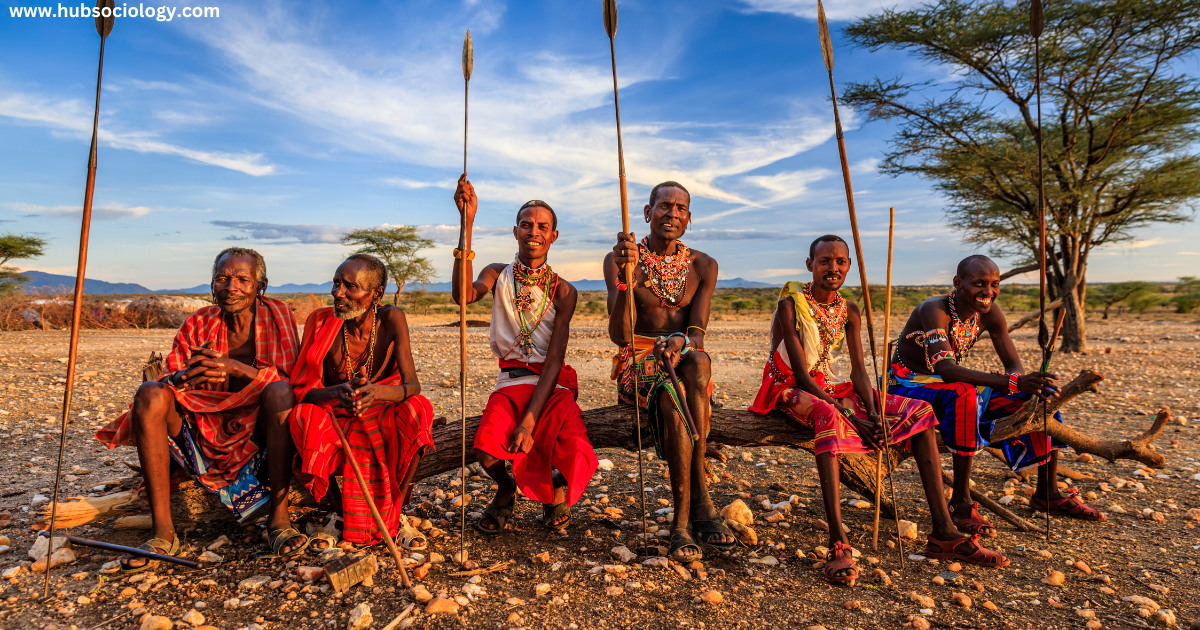Social, Cultural, and Technological Interpretation in Market Sociology
Market sociology is a subfield of sociology that examines the social, cultural, and technological dimensions of markets. It seeks to understand how markets are not just economic entities but also social constructs shaped by human interactions, cultural norms, and technological advancements. This article explores the interplay of social, cultural, and technological interpretations in market sociology, … Read more









